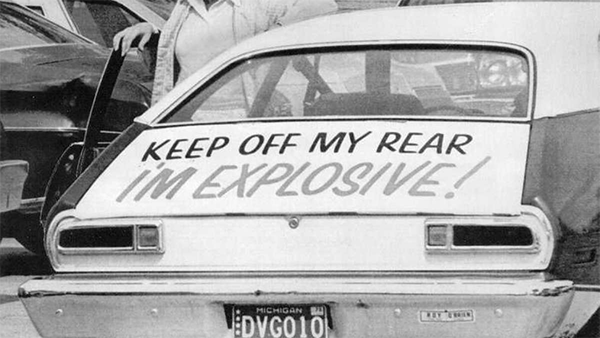I have to admit when I travel around 20 miles a week, some thing like the Citroen Ami seems to make sense, but it would need to go a little bit faster, at 40 MPH would be considering it.
Main advantage for small mileage is when wanted it is sitting there with a full tank, ready to go, yesterday I have to put 2 of the 3 cars in the house hold on charge as not used enough to keep batteries charged.
But I watch the adverts and
seems to be the main point, I have watched them and no details are given, or if they are only in part, I want to know how far on a charge, and how long to recharge, at 2.2 kW, 7 kW and 22 kW, if it can use a 22 kW outlet i.e. is it 3 phase, and what is the cost per mile. These details are not in the adverts, one has to scroll web sites and do calculations.
Before 1935 we had a seller of petrol called Pratts, we could buy petrol in cans
View attachment 316461 and then we progressed to the Esso service station, the Esso sign means happy motoring call at the Esso sign for Esso Extra. Get a tiger in your tank and stick on bullet holes etc. The French connection.
But at that time there was no other option, it would have been impossible to tour the country in a milk float or even latter a Bedford CF electric
View attachment 316462 there were no charging points, other than on the premises of the firms that owned them. Today to swap over it required a whole new infrastructure first, including a move away from TN-C-S supplies.
We started with electric trains in Liverpool in 1883, (Overhead Railway) but to be fair electric cars were also made many years ago, but still only 38% is electrified, OK it carries 3/4 of our passengers, but that is because most under ground railways had to be electric due to problems getting rid of fumes with other forms, we will never get 100% but once we have 75% then is the time to look at roads.





